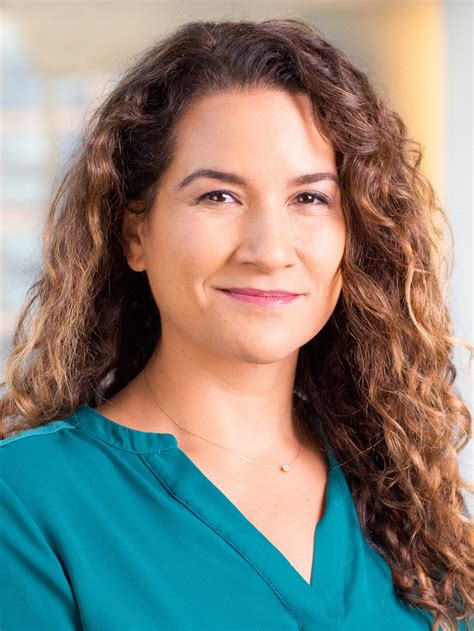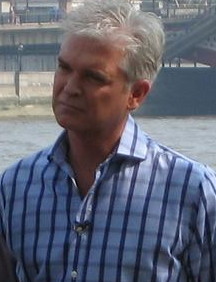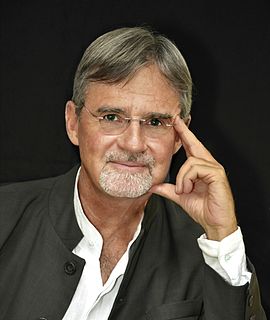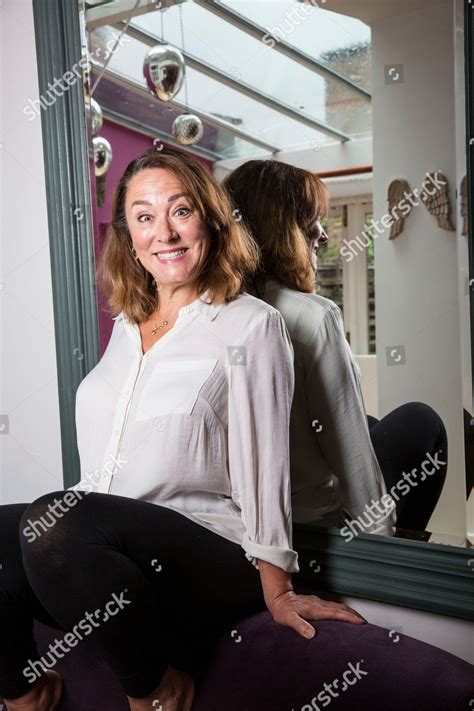A Quote by Hisham Matar
My family settled in Cairo in 1980. I was nine. I missed Libya terribly, but I also took to Cairo. I perfected the accent. People assumed I was Egyptian.
Related Quotes
The Cairo conferenceis about a complicated web of education and employment, consumption and poverty, development and health care. It is also about whether governments will follow where women have so clearly led them, toward safe, simple and reliable choices in family planning. While Cairo crackles with conflict, in the homes of the world the orthodoxies have been duly heard, and roundly ignored.
Both of these places, Cairo's downtown and Tahrir Square, are in the heart of downtown Cairo. They are places where young people gather to exchange political and cultural ideas. And so that's possibly a factor into why they went after these institutions, although there's been no public comment from the government on why these raids happened.
More so than any other city on the African continent, the people of Cairo look like the American Negroes in the sense that we have all complexions, we range in America from the darkest black to the lightest light, and here in Cairo it is the same thing; throughout Egypt, it is the same thing. All of the complexions are blended together here in a truly harmonious society.
The bigger the population gets, the more serious the problems become... We have to address the population issue. The United Nations, with the U.S. supporting it, took the position in Cairo in 1994 that every country was responsible for stabilizing its own population. It can be done. But in this country, it's phony to say 'I'm for the environment but not for limiting immigration.'





































